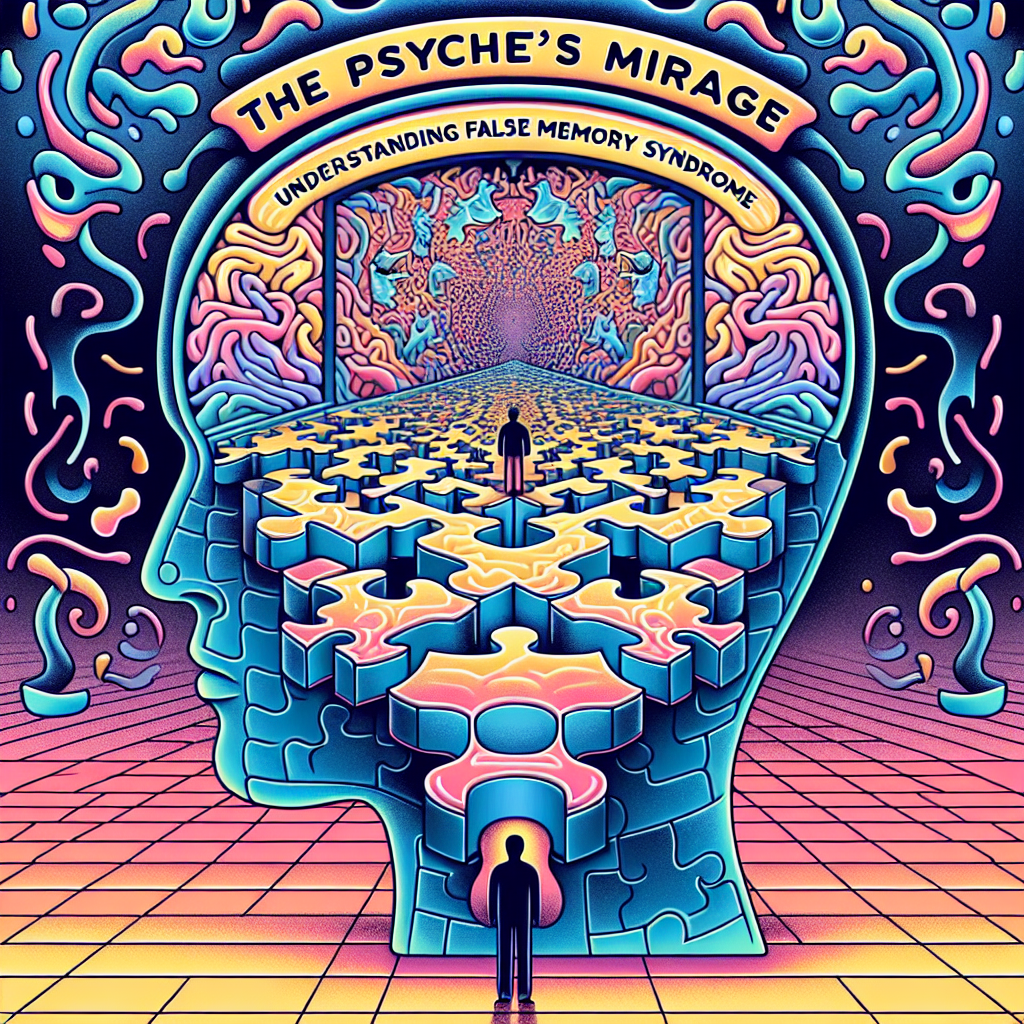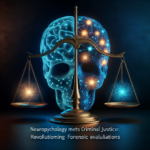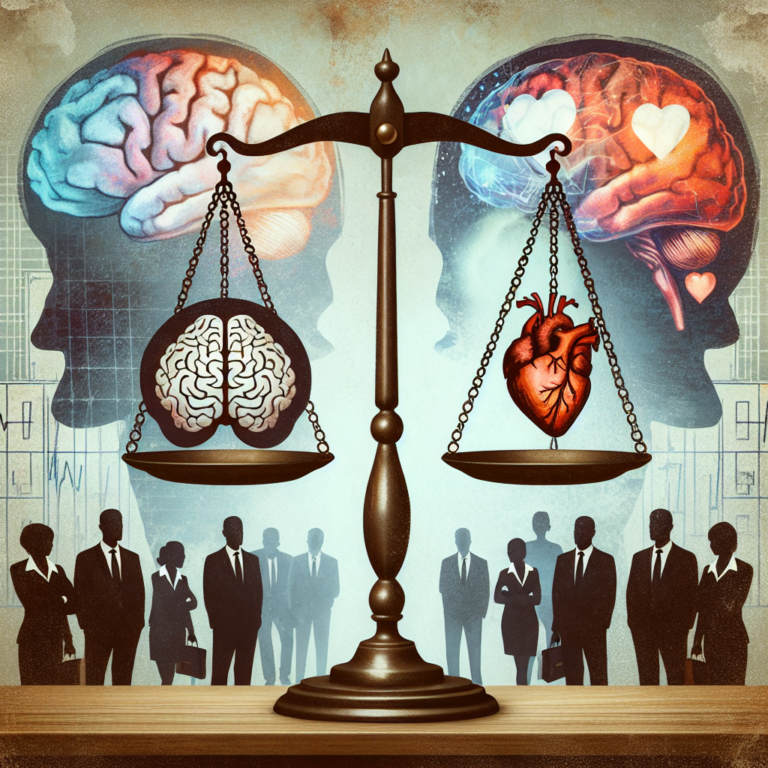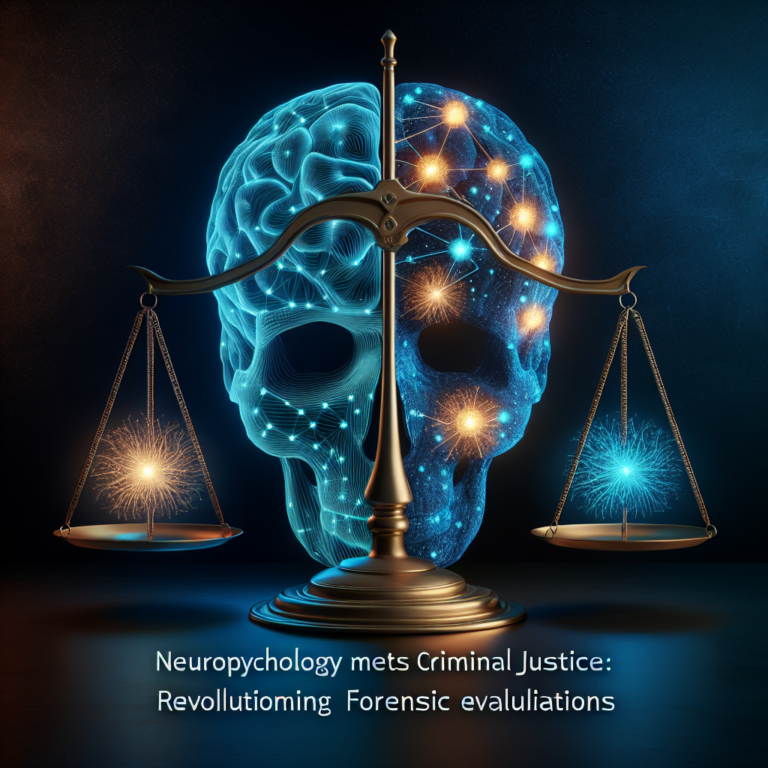
Introduction
Imagine a memory so vivid it feels like reality—a child’s birthday, a family vacation, or even a traumatic event. Now imagine discovering that this cherished memory is entirely fabricated. Welcome to the world of false memories, where the mind can play tricks that alter our perception of reality. The Psyche’s Mirage: Understanding False Memory Syndrome dives deep into this intriguing phenomenon, exploring its implications in psychology and everyday life.
Memories shape our identities, influence our decisions, and can even have legal repercussions. As we delve into this complex topic, we will examine the mechanisms behind false memories, their real-world implications, and the ongoing debates in both scientific and social arenas.
Understanding the Basics of Memory
How Memory Works
Memory is not merely a file stored for later retrieval; it is a dynamic construct involving encoding, storage, and retrieval. Our brains continuously organize and reorganize information based on both emotional significance and relevance to our current understanding of the world.
- Encoding: The process of transforming sensory input into a form that can be stored.
- Storage: Retaining information over time in different types of memory—sensory, short-term, and long-term.
- Retrieval: Accessing stored memories, which can be influenced by context, emotions, and other memories.
The Nature of False Memories
False memories occur when individuals recall events that did not happen or remember them differently than they occurred. This phenomenon can range from minor details to significant life events. The Psyche’s Mirage: Understanding False Memory Syndrome helps us navigate this murky territory.
The Science Behind False Memories
Research into false memories dates back to the 1970s, with famous studies demonstrating the ease with which individuals can adopt erroneous recollections. One landmark study by Elizabeth Loftus involved showing participants misleading information about an event, leading them to incorrectly remember details.
Why Do False Memories Occur?
False memories can result from a variety of factors, including:
- Suggestibility: The tendency to incorporate misleading information into one’s memory.
- Misinformation Effect: Following exposure to incorrect information, one’s recollection may be distorted.
- Source Confusion: Mixing up the details of an actual event with those of a different situation.
The Real-World Impact of False Memory Syndrome
Case Study 1: The McMartin Preschool Trial
One of the most infamous cases of false memory syndrome occurred during the McMartin Preschool trial in the 1980s. Parents accused caretakers of sexual abuse based on the children’s accounts, which were driven by leading questions and suggestive interviewing techniques.
Analysis: This case demonstrates how suggestive questioning can create false memories, leading to devastating consequences for innocent individuals.
Case Study 2: Eyewitness Testimony
The reliability of eyewitness testimony has been significantly challenged in recent decades. Studies reveal that witnesses can confidently recall events incorrectly. A prominent study involved a mock crime scenario where participants were later given misleading information about the event.
Analysis: This emphasizes the need for caution in relying on memory in judicial proceedings, highlighting how The Psyche’s Mirage: Understanding False Memory Syndrome can have severe implications in justice systems.
Table: Factors Contributing to False Memories
| Factor | Description |
|---|---|
| Suggestibility | How easily individuals accept misleading details |
| Misinformation Effect | False information influencing memory recall |
| Stress | High stress levels leading to distorted memories |
| Social Pressure | Influence of peers or authority figures |
The Psychological Mechanisms Behind False Memories
Cognitive Dissonance
The theory of cognitive dissonance explains why individuals may cling to false memories. When our memories conflict with new information, the discomfort may lead us to alter our recollections to reduce anxiety.
The Role of Imagination
Imagination can significantly impact memory. Studies have demonstrated that merely imagining an event can result in an increased confidence in its occurrence—eventually leading to the belief that it truly happened.
Neurobiological Factors
Examining the brain reveals that memory is not located in a single area but involves various brain regions, such as the hippocampus and prefrontal cortex. Research indicates that stress and trauma can alter these regions, affecting memory formation and retrieval.
Preventing False Memories
Methods for Accurate Recollection
To mitigate the impact of The Psyche’s Mirage: Understanding False Memory Syndrome, certain strategies can enhance the accuracy of memories:
- Clear and Detailed Questioning: Employing open-ended questions rather than leading ones.
- Contextual Reinstatement: Encouraging individuals to re-create the context in which the memory was formed.
- Verification: Cross-referencing memories with other sources or corroborating details.
The Role of Therapy
Therapists can play a crucial role in addressing false memories, particularly in trauma-focused therapies:
- Cognitive Behavioral Therapy (CBT): Helps individuals question the validity of their memories.
- Eye Movement Desensitization and Reprocessing (EMDR): Assists in processing traumatic memories while addressing the emotional impact.
Future Directions in Memory Research
As neuroscience progresses, the field of memory research evolves, providing insights into the mechanisms of false memories. Emerging areas like neuroimaging and genetic studies promise to shed light on how our brains manage and sometimes mismanage memories, leading to a better understanding of The Psyche’s Mirage: Understanding False Memory Syndrome.
Conclusion: Embracing the Complexity of Memory
Memory is a wondrous yet fallible aspect of the human experience. By understanding The Psyche’s Mirage: Understanding False Memory Syndrome, we empower ourselves to question the reliability of our memories, consider alternative perspectives, and recognize the intricacies of the mind.
As we navigate a world where memories shape identity and inform decisions, let’s commit to fostering a culture of inquiry and compassion—an essential step toward mental wellness and justice.
FAQs About False Memory Syndrome
1. What is False Memory Syndrome?
False Memory Syndrome refers to a condition where an individual recalls events that didn’t occur or remembers them differently than how they happened.
2. How does false memory affect legal cases?
False memories can lead to wrongful convictions due to unreliable eyewitness testimony and influenced recollections.
3. Can therapy help individuals with false memories?
Yes, therapeutic approaches like CBT can help individuals recognize and reevaluate false memories, fostering more accurate recollections.
4. Are childhood memories more prone to distortion?
Yes, childhood memories can be particularly vulnerable to distortion due to suggestibility and the malleability of early cognitive processes.
5. What are steps I can take to improve memory accuracy?
To enhance memory accuracy, focus on open-ended questioning, contextual reminders, and verifying details with other evidence.
By addressing these facets of false memory syndrome, readers gain not only insights but also practical knowledge essential for navigating their realities. This exploration of The Psyche’s Mirage: Understanding False Memory Syndrome will resonate with anyone who seeks to understand the profound complexity of memory itself.















